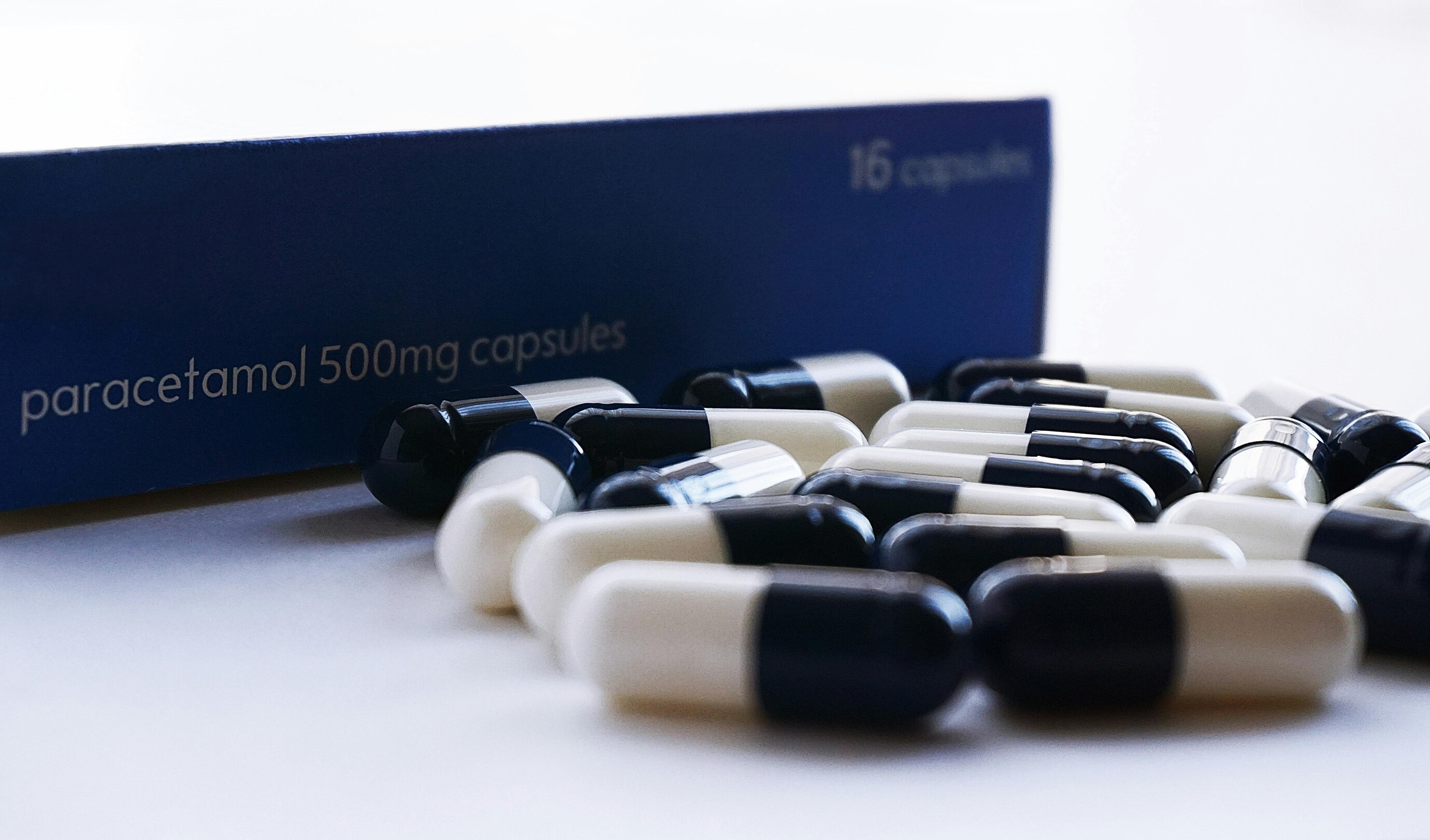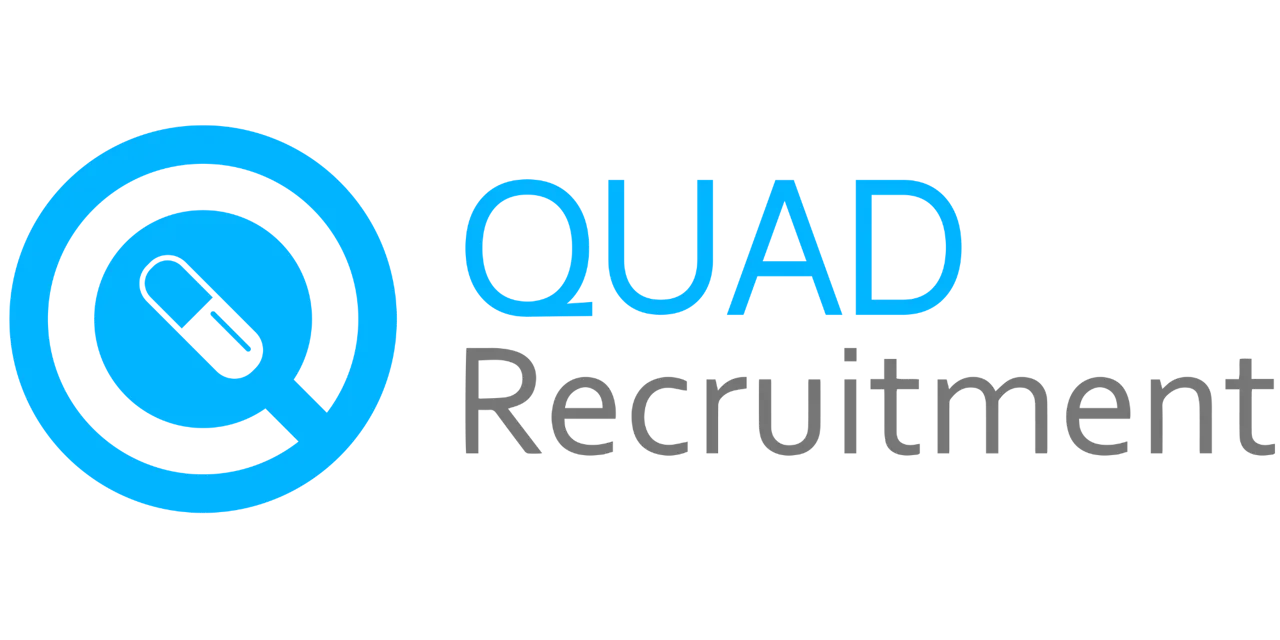Clinical Pharmacy and Therapeutics: Innovations in Medication Management
01 Jun, 20245 minClinical Pharmacy and Therapeutics: Innovations in Medication ManagementClinical Pharmacy an...

Clinical Pharmacy and Therapeutics: Innovations in Medication Management
Clinical Pharmacy and Therapeutics (CPT) is a creative specialty that deals with the safe and effective use of medicines in healthcare, thereby improving patient care. This article explores the latest in clinical pharmacy and therapeutics, the various clinical pharmacy positions, clinical pharmacy salaries, and much else. Discover how innovations are transforming medication management and improving patient care. Let’s dive in!
Understanding Clinical Pharmacy and Its Importance
So, just what is clinical pharmacy? Clinical pharmacy is a branch of pharmacy that combines patient care with the use of medications to maximize the health outcomes for patients. Its focus is on promoting wellness and preventing disease. Clinical pharmacists have specialized therapeutic knowledge about the use of medications.
While clinical pharmacy has always been integral to medical clinics and hospitals, it has since expanded to all healthcare settings. Today, clinical pharmacists can be found working as part of a multidisciplinary team with physicians, nurses, and other healthcare professionals, contributing significantly to the best patient outcomes with their specialized knowledge of medicines.
Role of the Clinical Pharmacy
Clinical pharmacists working in a clinical pharmacy are experts in the therapeutic use of medicines. Their role involves various tasks, including:
Assessing the prescribed medication therapy and making appropriate recommendations to patients or health practitioners.
Basing all recommendations and advice about the safe and effective use of medications on evidence.
Identifying untreated health conditions that could be more effectively managed with medication therapy.
Monitoring the progress of medications on patients and making suitable recommendations if they need to be changed
Advising patients about the right way to take medications for maximum benefit.
Being directly involved in the care of patients in hospitals and surgeries.
Historically, the role of the clinical pharmacy was usually confined only to hospitals, clinics, and educational institutes. However, there has been a massive change in this trend as recognition grows for their contribution to patient outcomes. Clinical pharmacies are now becoming more easily accessible to the public.
A Look at Clinical Pharmacy Salaries and Career Opportunities
A career in clinical pharmacy can be immensely rewarding and well-paying. There are plenty of clinical pharmacy positions available for all levels of experience. Earning begins when you start your foundation training after medical school itself.
According to the popular job portal Indeed, the average base salary for a clinical pharmacist in the United Kingdom stands at £47K. However, this figure varies significantly depending on various factors.
Experience plays a crucial role, with seasoned professionals often commanding higher salaries compared to those who are just starting their careers. Location also plays a significant role in determining salary levels. Additionally, specific job responsibilities within the field can influence salary ranges, with roles involving specialized skills or managerial responsibilities often commanding higher compensation.
Key Innovations in Clinical Pharmacy Services
As the pharmacy landscape keeps evolving, key innovations are emerging in the field of clinical pharmacy as well. Some of the major trends are as follows:
Increase in the number of clinical pharmacists in primary care:
To make it easier and quicker for patients to get appointments with the right expert, the NHS Long Term Plan aims to increase the number of clinical pharmacists in primary care. It is planning to add at least 7,500 clinical pharmacists to primary care networks by 2024.
Person-centered approach
Rather than basing patient treatment solely on their clinical condition, clinical pharmacy teams will now take a more person-centered approach for greater holistic care.
Caring for pharmacists' mental health
Pharmacists are human too! And dealing daily with patients who suffer from all kinds of illnesses can take a toll on the most resilient of them. So, attention is also being paid to pharmacists’ well-being with a focus on giving them breaks to support their mental health so that they can perform their critical duties to the best of their abilities.
Computational methods
As technology continues to grow, new computational methods such as pharmacometrics and machine learning technologies have started being incorporated within the domain of clinical pharmacology.
Precision dosing approaches
Precision dosing approaches such as pharmacogenomics are also becoming an increasing part of clinical pharmacology. This involves the identification of a proper drug dosing regimen that balances the effectiveness of the medication while minimizing toxicity for an individual patient.
Essential Requirements for a Career in Clinical Pharmacy
So, if you are keen to pursue a career in clinical pharmacy, then make sure you meet these requirements for the job.
Entry-level requirements
Obviously, your first step would be medical school. Recruiters typically look for candidates who have excellent GCSEs and three A or A* passes at A level, including chemistry for a five-year undergraduate degree in medicine. Some medical schools also give preference to biology, Maths , or physics.
If you already have a degree, then you need a four-year postgraduate degree in medicine.
Next, you’ll have to clear an interview and admissions test. More importantly, you will also be asked to give actual proof of how you embrace the NHS values such as compassion and respect for patients as a clinical pharmacist.
Given the diversity of patients and communities, many medical schools are also open to recruiting students from different backgrounds and geographical areas. So, educational and economic background and family circumstances could also play a key role in your application.
Some of the must-have skills
In addition to academic and professional qualifications, other soft skills are equally essential for a rewarding career in clinical pharmacy settings. These are:
Excellent communication skills as the role calls for interacting closely with colleagues, patients, and their families
Mental strength, emotional resilience, a calm temperament, and the ability to work steadily under pressure
Being a great team player who can lead multidisciplinary teams
Strong problem-solving and diagnostic skills
Excellent organizational ability and effective decision-making skills
In conclusion, a career in clinical pharmacy can be financially rewarding as well as satisfying as clinical pharmacists make a positive difference in so many lives. Career-wise, they have the benefit of starting on a high income at the entry level itself and can look forward to an excellent pension scheme, good holiday entitlement, and NHS discounts in shops and restaurants.
Quad Recruitment UK: A Trusted Partner For Pharmacists
Given the intensely competitive job scene in the area of clinical pharmacy, bagging that coveted job in a dream pharmacy could well remain wishful thinking. But not if you have Quad Recruitment UK watching your back!
We have helped hundreds of eager job seekers like you shorten the distance between their dreams and goals, thanks to our extensive network of partnerships with all leading clinical pharmacies. From helping create standout resumes to tips on how to ace that job interview, we’ve got you covered. So, what are you waiting for? Contact us and get hired today!




